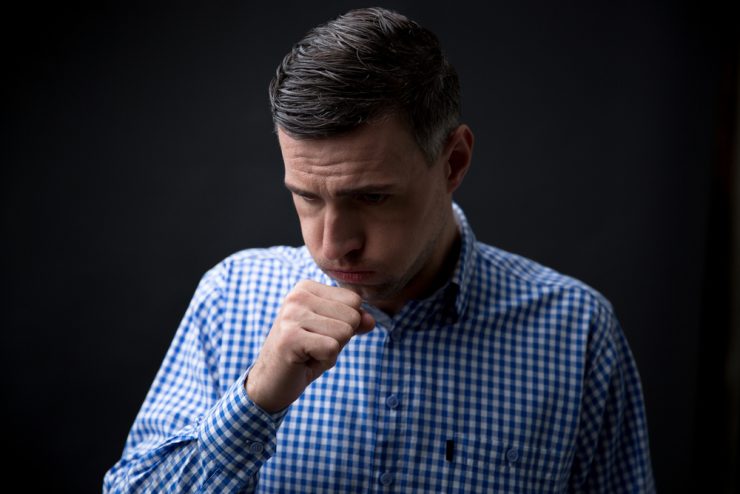A condition which causes serious paralysis of muscles is known as polio. This condition is also called poliomyelitis. Polio can sometimes cause only mild illness or flu-like symptoms. It is caused by a virus which is highly infectious. Today polio is a rare condition because of widespread vaccination. Polio cannot be cured .Prevention is the only way to deal with it. It is important to ensure that a child receives all the necessary vaccinations. Around 20 to 60% of people who had polio are affected by post-polio syndrome. This syndrome develops in the age of 10 to 40 after initial illness. New muscle pain, feeling lethargic, feeling fatigued and weakness are caused by the post-polio syndrome. It may make it difficult for people to do their everyday duty.
Symptoms
Around 99% cases of polio are mild and produce few symptoms. Some of the symptoms of mild polio are
-fever
-sore throat
-vomiting
-constipation
-diarrhoea
-nausea
The symptoms generally take 3 to 21 days top appear after a person is infected by the virus.
Paralytic polio
This condition is extremely rare and fever is the first symptom for paralytic polio. The symptoms take 5 to 7 days to develop after the fever. Some of the symptoms are
-increase in sensitivity to touch
-headache
-constipation
-neck and back stiffness
Post-polio syndrome
Some of the common symptoms of this condition are
-muscle pain and new muscle weakness
-difficulty in swallowing
-exhaustion and fatigue
-joint pain
-difficulty in breathing
-difficulty in concentrating
-decrease in cold tolerance
-depression
-memory problems
-sleep apnoea
Causes
The virus that causes polio is enterovirus. It lives and grows in the gastrointestinal tract. The nervous system is affected by the virus once it grows. It spreads through the faeces of infected person. A person drinking water contaminated with infected faeces is affected by polio. Contaminated food and water generally are responsible for spreading polio. Sometimes a direct contact with the infected person can cause polio. A polio virus on entering the body starts multiplying in the intestine and throat. In some cases it reaches the nervous system and damages the nerve cells. This is the cause for paralytic polio. People who are infected by the polio virus remain contagious for 7 to 10 days before and after the symptoms develop. The virus may be spread by their faeces till six weeks.
Treatment
Polio cannot be treated but medication can help in the following
-to ease discomfort and pain caused by the infection
-help in speedy recovery
-can prevent complications that may develop
Mild polio
People suffering from mild polio are advised to take bed rest. Painkillers may be recommended to get relief from sore throat, headache or back stiffness. Laxatives may be prescribed if the person is having constipation due to polio.
Severe polio
People suffering from paralytic polio or severe polio must take the treatment in hospital. A person may be put on ventilator if polio has damaged the breathing muscles and is causing difficulty in breathing.
Post- polio syndrome
This condition cannot be treated with medication or any specific treatment. The symptoms can be eased with medicines and the impact of condition can be minimised.













